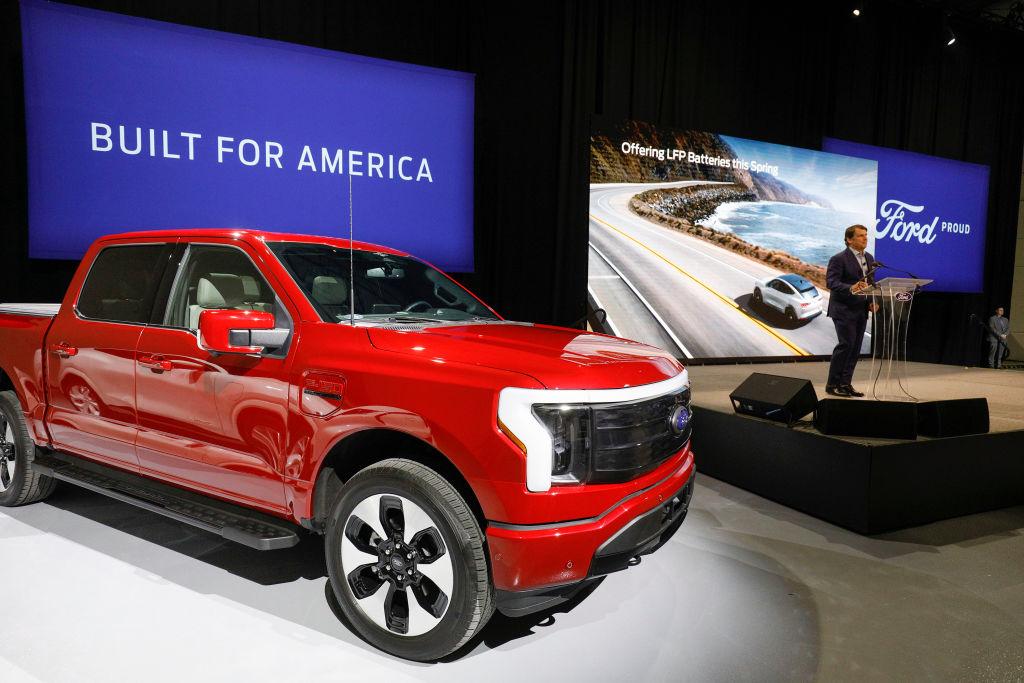U.S. lawmakers are seeking to review the license agreement between Ford Motor Co. and a Chinese battery maker.
They’re concerned that the deal will facilitate China’s global dominance in electric vehicle (EV) battery technology with U.S. taxpayers’ money and will increase America’s reliance on Chinese critical raw materials. According to the lawmakers, the Chinese battery maker’s supply chain in Xinjiang also raised a question about forced labor and the potential violation of the Uyghur Forced Labor Prevention Act.



